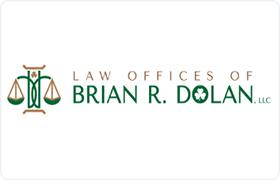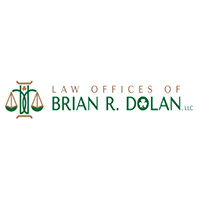Justice Estate Lawyer, Illinois
Sponsored Law Firm
-
 x
x

Click For More Info:
-
Law Offices of Brian R. Dolan, LLC
5 Revere Drive Suite 200 Northbrook, IL 60062» view mapEstate Law Your House Call Lawyer
I am available to meet with you at any time to prepare you each step of the way. I take great pride in providing these services and easing your transitions through life.
800-569-0101
Thomas Phillip Boggess
✓ VERIFIEDEstate, Contract, Wills & Probate, Business Organization
T. Phillip Boggess is the principle in his law firm, the Law Office of T. Phillip Boggess. The focus of the law firm and of his practice is to help c... (more)
Sara Spitler
Real Estate, Lawsuit & Dispute, Estate, Employment
Status: In Good Standing Licensed: 26 Years
Kathleen L. Mccabe
Estate Planning, Family Law, Divorce, Transactions
Status: In Good Standing Licensed: 40 Years
Shari De Koven
Business & Trade, Estate Planning, Transactions, Wills & Probate
Status: In Good Standing Licensed: 36 Years
Valerie Varney
Tax, Business & Trade, Estate Planning, Corporate
Status: In Good Standing Licensed: 31 Years
Valerie A. Varney
Real Estate, International Tax, Estate Planning, Transactions
Status: In Good Standing Licensed: 31 Years
 Brian R. Dolan Northbrook, IL
Brian R. Dolan Northbrook, IL Practice AreasExpertise
Practice AreasExpertise

